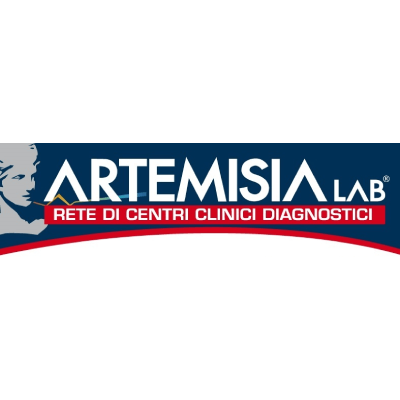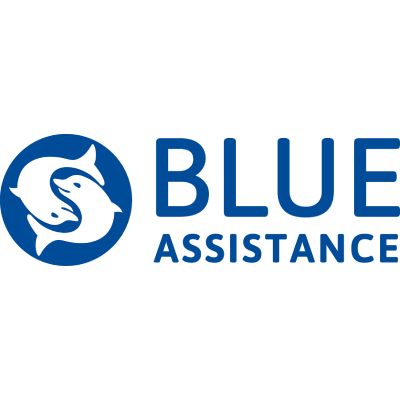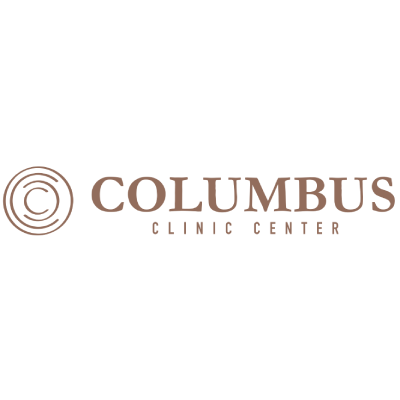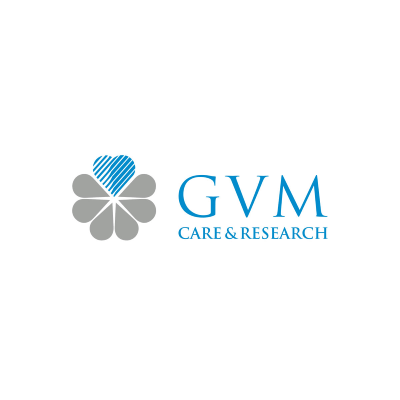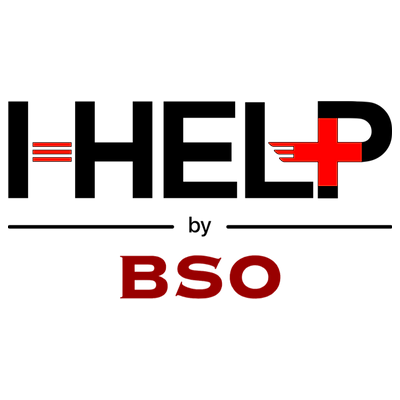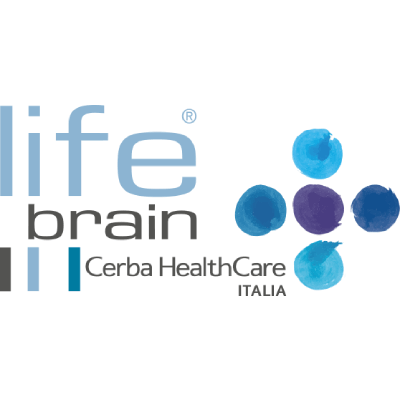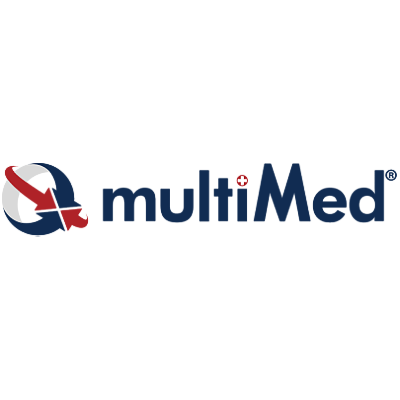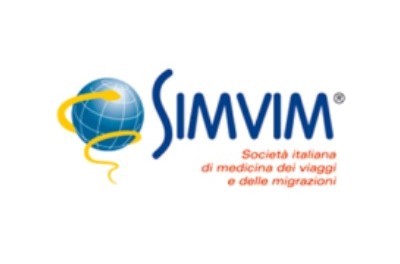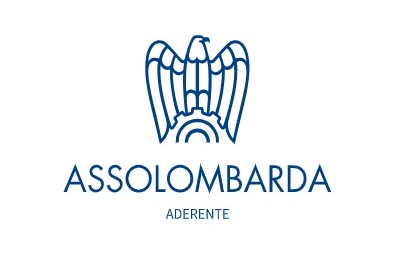Routine vaccinations
Vaccination, our main ally in the battle against infectious diseases, is the most effective and safest prevention tool available to us. According to estimates by the World Health Organization, about 3 million deaths every year are avoided as a result of vaccinations.
It is a tool that has made it possible to defeat and control diseases that only a few decades ago represented serious risks for the whole community. It plays a fundamental role in public health, protecting society as well as individuals. For this reason Ambimed is committed to offering information services and routine vaccinations.
ROUTINE VACCINATIONS
See also Tropical Vaccinations
It is a tool that has made it possible to defeat and control diseases that only a few decades ago represented serious risks for the whole community. It plays a fundamental role in public health, protecting society as well as individuals. For this reason Ambimed is committed to offering information services and routine vaccinations.
In our Ambimed Points you will find specialised staff, who will guide you through the vaccination process by offering:
- Routine and pediatric vaccinations: aimed at maximum safety with careful procedures and in-depth medical history;
- Information activities: our medical specialists are available to answer all questions and concerns with precision and competence;
- Assessment of the vaccination booklet: to identify any missing vaccinations and ensure maximum preventive cover, planning boosters at the correct time;
- Planning of vaccination sessions: for compulsory vaccinations or pediatric vaccinations, following the indications of the Italian National Vaccine Prevention Plan.
Vaccines
Vaccination is based on the exposure of an infectious agent to our immune system. Administered orally or through an injection (parenteral route), a vaccine contains the treated versions of the disease-causing bacterium or virus, or of some of its proteins or the toxins it produces (e.g. the tetanus vaccine); the treatment makes them harmless.
In this way, the immune system can be “trained” to mount a defence against infection, developing an immunological memory in a safe context. This elicits a rapid and precise response when the infectious agents are encountered again, neutralising the threat before the disease develops.
There are different types of vaccines:
- Live attenuated vaccine: it is produced from a live infectious agent (virus or bacterium), but made to replicate with procedures that significantly reduce its ability to multiply, to the point it no longer causes disease. It is typically more potent than the inactivated vaccine (one dose is often enough), but has more complex storage procedures;
- Inactivated vaccine: it consists of infectious agents treated with chemicals or physical procedures (such as exposure to heat) to completely block their ability to replicate and cause disease. It tends to be more stable than the attenuated vaccine, it is less potent, so more administrations are needed to obtain immunity;
- Purified vaccine based on subunits or anatoxins: it is produced starting from subunits of the infectious agent (therefore, parts or molecules of the organism) or toxins produced by the agent (the ones actually responsible for the disease), treated in the laboratory to remove the ability to cause the illness;
- Recombinant protein vaccine: it is produced using recombinant DNA technology. The genetic material responsible for antigen production is inserted into specific microorganisms. These microbes then produce the antigen, which is collected and purified.
To date, all vaccines on the market are safe and undergo strict safety testing. They offer broad coverage against many tropical diseases as well as more common diseases, which were once much more prevalent and had a high mortality rate.
> LEARN ABOUT ALL THE SERVICES FOR YOUR HEALTH PREVENTION






Your safety and health are at the heart of our commitment.
Do you have any doubts? Call your dedicated assistant.
02 87399117
Leave us your details, we'll get back to you.
Here are our most recent articles on this topic
The companies that have chosen us as a partner for Health Prevention
